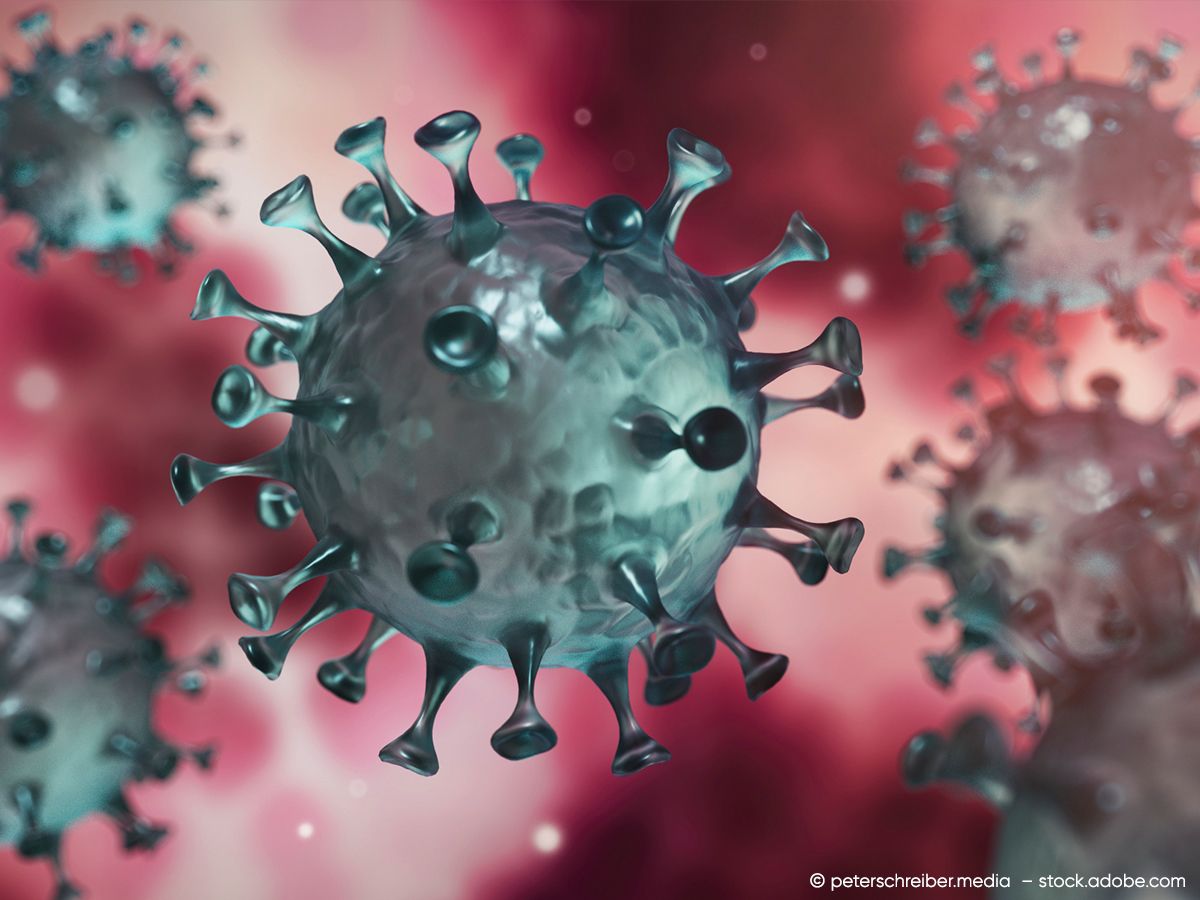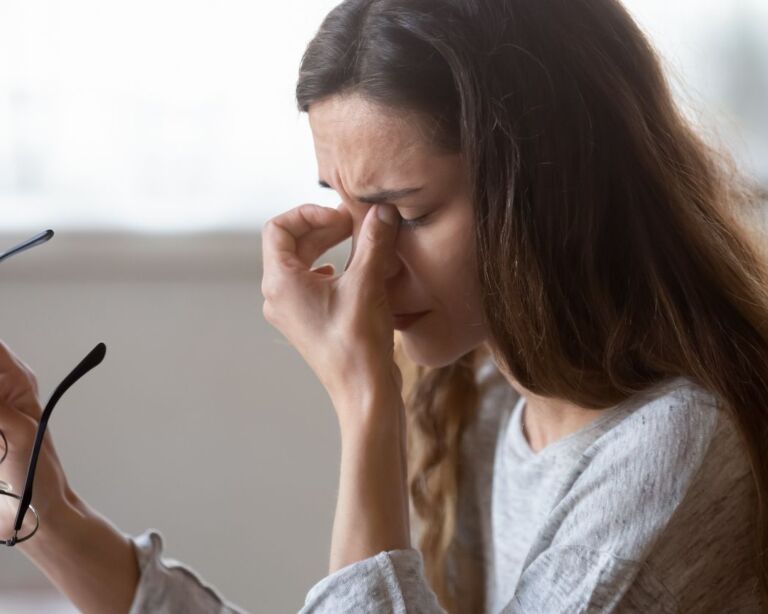The SARS-CoV-2 coronavirus and the COVID-19 disease
The pathogen that causes COVID-19, SARS-CoV-2, belongs to the coronavirus group. Coronaviruses are widespread and have been known for decades to cause flu-like infections and respiratory diseases.
SARS-CoV-2 first appeared in people in China in December 2019 and spread rapidly worldwide. Globally, SARS-CoV-2 was a new virus at the time that the human immune system had never come into contact with before, which is why almost everyone who came into contact with the virus fell ill with COVID-19.
COVID-19: Transmission
SARS-CoV-2 is mainly transmitted by aerosols and droplets. These can remain in the air for some time and lead to infections, especially in close contact.
Another transmission route is contact with hands, surfaces and objects (e.g. door handles, handles on the train) to which the viruses adhere. They can survive on it for a few hours. Anyone who subsequently touches their mouth, nose or eyes with contaminated hands can become infected.
Hygiene measures such as regular ventilation, keeping your distance, wearing masks, but also disinfecting your hands and cleaning surfaces help to reduce the transmission of viruses.
COVID-19: frequency and age
SARS-CoV-2 can infect people of all genders and ages: infants, children, adolescents, adults and the elderly. The elderly, weakened people and people with pre-existing conditions have an increased risk of a more severe course of the disease. Younger people and people without previous illnesses usually have a mild course.
COVID-19: Symptoms
The symptoms of a SARS-CoV-2 infection are varied and similar to those of other viral respiratory diseases. Typical symptoms include a sudden loss of the sense of smell and taste, but the symptoms are often largely unspecific. Severe courses are characterized by respiratory distress requiring oxygen and complications such as thromboses and embolisms. This is especially true for older and weakened people. COVID-19 can also extend beyond the acute illness to so-called long-term COVID-19 with performance restrictions lasting months or years.
Long Covid consultation hour
Patients with persistent problems following COVID-19 infection are assessed and cared for on an interdisciplinary basis in our Long COVID consultation.
COVID-19: Treatment
Various medications reduce virus production and thus help the immune system to cope better with the virus. In the past, antibodies directed against SARS-CoV-2 also helped. In the meantime, however, the virus has changed to such an extent that this form of therapy is hardly used any more. In severe cases, the focus is on inflammation, which necessitates the use of steroids or other immunosuppressive measures.
COVID-19: Vaccination
Vaccinations against SARS-CoV-2 have been available in Switzerland since the beginning of 2021 and have been adapted to the changing virus over time. The vaccinations primarily protect against serious illnesses, which is why they are recommended for older people and people with health risks.
Further information on COVID-19, vaccination and testing options can be found on the information page of the Federal Office of Public Health FOPH.


